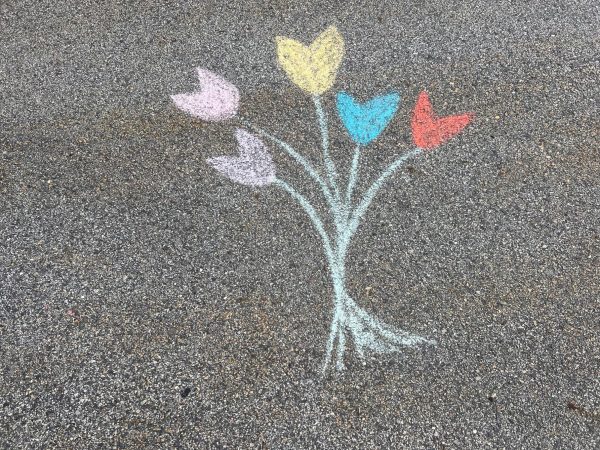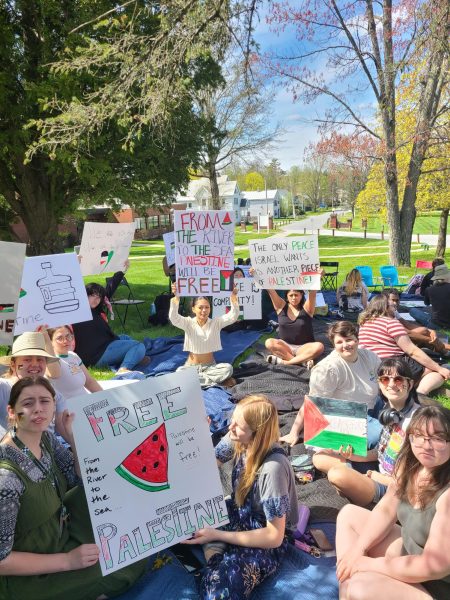Editorial: GNH
I just read a scary thing. At this rate, the number of Americans out of work will surpass the number of employed Americans in four years. Four years. Our labor-force participation rate is 62.8 per cent, according to the Bureau of Labor Statistics. That’s the lowest it’s been since 1978, which is even more disturbing if you consider that there are 80,000,000 more Americans than there were in 1978. 62.8 per cent of 222,000,000 is a lot less than 62.8 per cent of 316,000,000.
This is an absolute economic collapse–which is an easy excuse to fall into more doom and gloom. Wonder if 62.8 per cent of Americans are pessimistic. Yipes. There’s a scary statistic. We need to do it whopo Bhutan style. They stopped using GDP (Gross Domestic Product) to gauge their national success and switched over to–brace yourself–Gross National Happiness. GNH.
GNH is a function of the average per capita of these 7 factors:
1. Economic Wellness, found via survey and by statistically measuring consumer debt, average income-to-consumer-price-index ratio, and (oh shit, watch out, Wall Street!) income distribution.
2. Environmental Wellness, found via survey and measuring pollution, noise, traffic, etc.
3. Physical Wellness, found by statistical measurements of things like severe illness. That one’s obvious.
4. Mental Wellness, found by survey and measuring usage of anti-depressants, rise or decline of psychotherapy patients, et al.
5. Workplace Wellness, found by survey and measuring jobless claims (!), job change (!), workplace complaints, and lawsuits.
6. Social Wellness, found by survey and measuring divorce rates, complaints of domestic conflicts and family lawsuits, public lawsuits, and crime rates.
7. Political Wellness, found by survey and measuring the quality of local democracy, individual freedom, and foreign conflicts.
They weren’t just passing around a checklist and saying “Check 1 for displeasure, and 5 for pure bliss.” They were using statistical measurements and specific, focused surveys. Bhutan has been ranked the happiest country in Asia, and the eighth-happiest country in the whole frigging world.
My point is the models we’ve been using in the U.S. are dying, brutally. We can see it as the end of our society, in which case we basically chain ourselves to the old ship and go down with it, or we can see it as an opportunity to grow into something better, jump off the ship before we die, swim to shore, build a new home, start a family, and spend our days relaxing beside the fire, listening to the kids laugh and make farting noises and reading Charles Dickens. Or something similar.
Tom Benton joined the Basement Medicine staff in spring 2011, assuming the position of editor-in-chief in spring 2012. He continues in that capacity...




